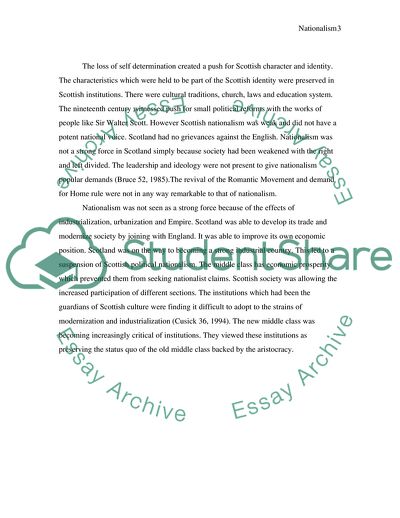Cite this document
(Scottish Irish and Welsh Nationalism Assignment, n.d.)
Scottish Irish and Welsh Nationalism Assignment. Retrieved from https://studentshare.org/politics/1713727-what-were-the-similarities-and-differences-between-scottish-irish-and-welsh-nationalism-in-the-late-nineteenth-century
Scottish Irish and Welsh Nationalism Assignment. Retrieved from https://studentshare.org/politics/1713727-what-were-the-similarities-and-differences-between-scottish-irish-and-welsh-nationalism-in-the-late-nineteenth-century
(Scottish Irish and Welsh Nationalism Assignment)
Scottish Irish and Welsh Nationalism Assignment. https://studentshare.org/politics/1713727-what-were-the-similarities-and-differences-between-scottish-irish-and-welsh-nationalism-in-the-late-nineteenth-century.
Scottish Irish and Welsh Nationalism Assignment. https://studentshare.org/politics/1713727-what-were-the-similarities-and-differences-between-scottish-irish-and-welsh-nationalism-in-the-late-nineteenth-century.
“Scottish Irish and Welsh Nationalism Assignment”. https://studentshare.org/politics/1713727-what-were-the-similarities-and-differences-between-scottish-irish-and-welsh-nationalism-in-the-late-nineteenth-century.


